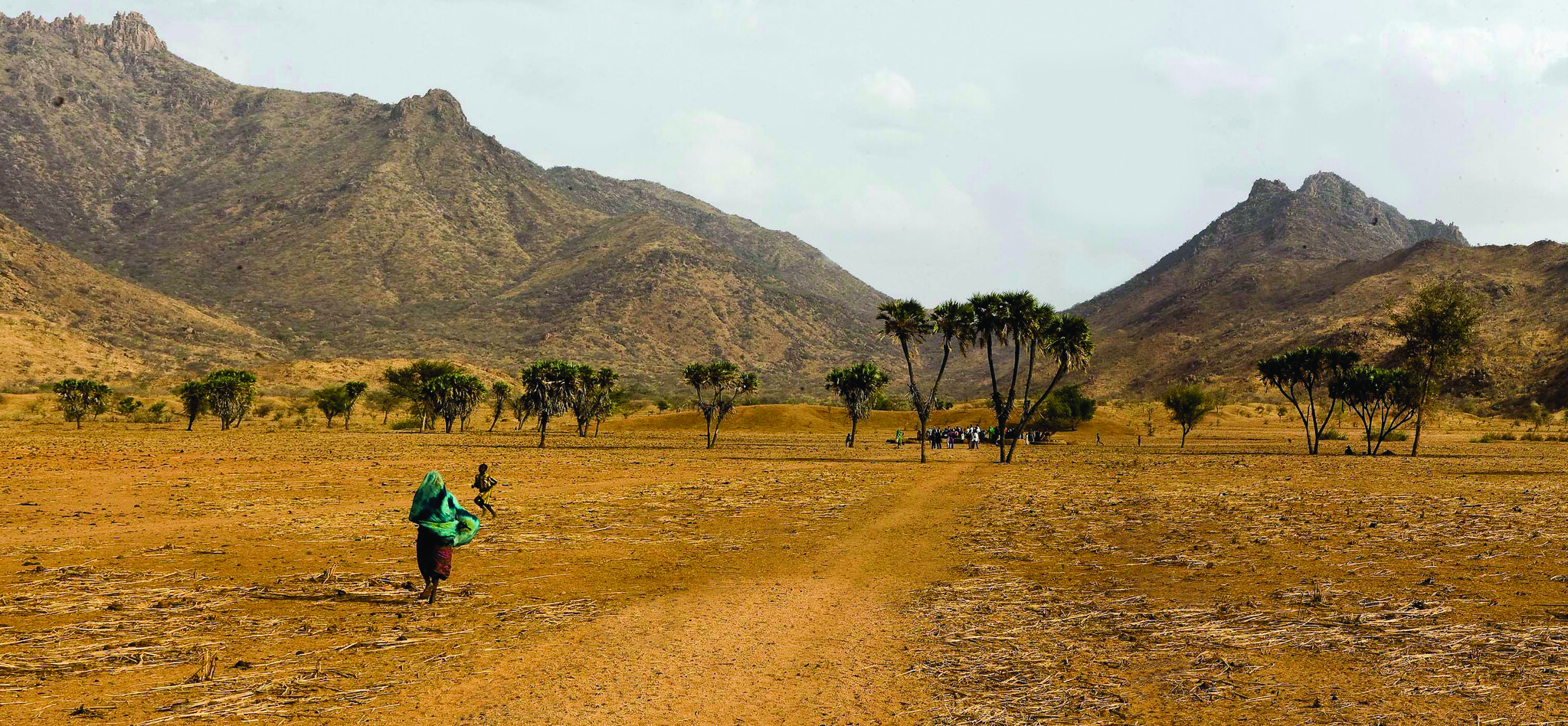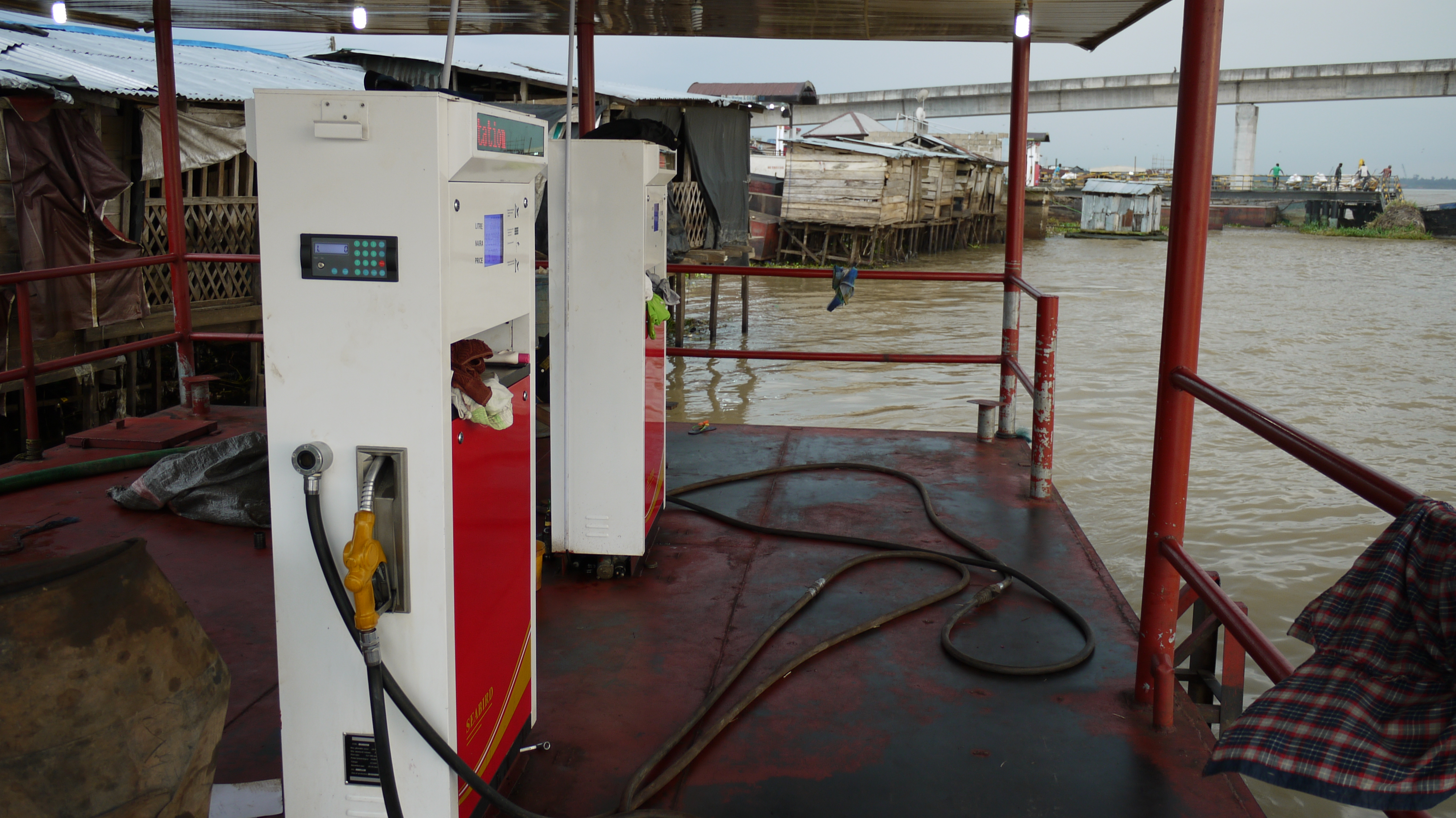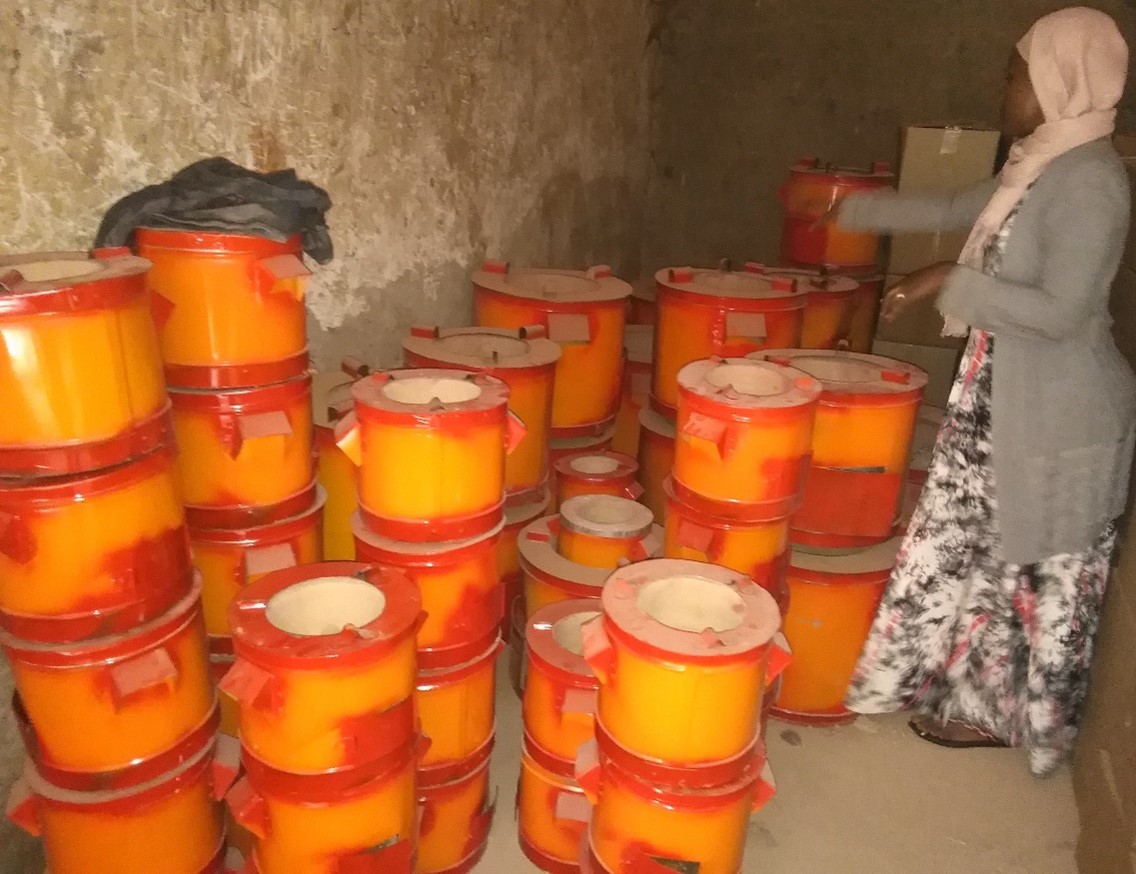To tackle climate change, Ebrima Faal highlights the importance of international aid while advocating for sustainable local strategies and domestic resource mobilisation.
Climate change and its financial implications demand urgent attention, especially in Africa where vulnerability to environmental degradation and resource constraints hinder funding for climate action. The world’s developed countries are grappling with fiscal pressures and so Africa must establish its own resilient financial systems for climate action to reduce dependence on potentially diminishing international aid.
Climate change and financial implications
Climate change threatens increasing temperatures, extreme weather events, and ecological disruptions. All these threats carry considerable financial implications. Effective management of these challenges will require considerable investment in adaptation and mitigation measures.
Rising temperatures, droughts, floods, and desertification, all carry severe implications for food security, water availability, and economic development. Africa’s limited adaptive capacity, constrained by its finances, enhances its vulnerability to these climate change.
Africa has a massive and escalating public debt, which poses a major obstacle to investing in climate solutions. In 2022, the continent’s total public debt reached a record 70 per cent of GDP. The economic fallout from Covid-19, global recessions, increased borrowing, and fiscal mismanagement all played a part in pushing up the continent’s debt. The burden of debt limits fiscal capacity and hampers public investment in climate resilience, making Africa more vulnerable to economic shocks caused by extreme weather events.
Although the principle of “common but differentiated responsibilities” emphasises the obligations of developed countries to shoulder the burden of this global challenge due to their greater resources, securing funding for climate action has remained complicated.
Ageing populations, rising debt, and climate commitments
Over-reliance on aid is increasingly unsustainable in the evolving global climate finance landscape. As the burden of ageing populations and the associated costs continue to rise in developed countries, African nations need to ensure they have robust systems in place to finance their own climate action initiatives. Relying heavily on international aid looks like an increasingly risky decision.
Since the 2008 financial crisis countries like Japan, the United Kingdom, and the United States have been faced with mounting debt, ageing populations, and the increase in financial support provided by governments through programs like social security, pensions, or healthcare. As populations age demand for these services increases and the programs become more expensive.
Japan saw its public debt reach 263 per cent of GDP in 2022. Ageing-related costs such as pensions and healthcare services are straining resources, leaving less appetite for climate change initiatives, especially abroad.
The United States also must contend with an ageing population and soaring healthcare costs. By 2023, the U.S. debt-to-GDP ratio surpassed 133 per cent, exacerbated by increased Covid-19 related government spending and mounting demands for public healthcare and social security.
The United Kingdom’s public debt reached 100.8 per cent of GDP in 2022. The aftermath of Brexit and pandemic-related spending contribute to this financial strain. In the UK, there have been a succession of public sector strikes and near double digit inflation. This economic situation is reducing government and public willingness to spend money overseas.
In developed countries, these financial pressures have triggered social tensions. France’s ‘Yellow Vest‘ protests of 2018 and 2019, triggered by a proposed fuel tax, sparked riots across the country. Its recent pension reform, which aimed to raise the retirement age from 62 to 64 by 2030, sparked strikes and demonstrations.
This calls for a paradigm shift towards sustainable, local solutions in climate finance, reshaping Africa’s landscape and unlocking its potential for resilient, sustainable growth.
Local strategies
Considering the changing global environment, it is crucial for Africa’s climate finance plans to adapt. African countries, with tax-to-GDP ratios below the global average, must prioritise local strategies for sustainable and integrated climate solutions. Harnessing the potential of domestic resource mobilisation is a crucial step in this direction. With an average tax-to-GDP ratio of 17.2 per cent, Africa falls markedly short of the 34.3 per cent global average.
There are structural challenges in African economies that contribute to this lower ratio, including a sizable informal sector, limited administrative capacity for tax collection, and inefficient public financial management. Despite these challenges, refining tax collection systems and addressing tax evasion can significantly boost tax revenues, providing a stable and predictable funding pool for climate action initiatives. The Tax Foundation indicates that such improvements could generate an additional £86 billion in tax revenues annually for Africa.
Carbon taxes can create powerful incentives to curtail greenhouse gas emissions, while simultaneously generating revenues for climate investments. According to the International Monetary Fund (IMF), South Africa’s carbon tax system is projected to lower emissions by 33 per cent by 2035. The IMF also estimated that carbon tax revenues could make up about 2 per cent of the GDP by 2030, with the bulk of it coming from taxing coal consumption.
In addition to raising more revenue, recovering illicit financial flows could also improve public finances for climate change adaptation. According to the UN Conference on Trade and Development (UNCTAD), Africa loses approximately £68 billion a year, 3.7 per cent of GDP, to tax evasion, money laundering, corruption, and other crimes. Recovering or retaining these funds holds immense potential for sustainable development.
Once this additional revenue has been raised, African countries should consider benchmarks for using their own resources in climate finance commitments. Integrating these benchmarks in climate agreements enhances accountability in tackling climate change. It shows a commitment to self-reliance, good fiscal management, and using resources effectively for sustainable development and climate action, which leads to a resilient and climate-conscious future for the continent.
A new chapter for climate finance in Africa
Addressing climate change and its economic implications necessitates a shift in strategy. Domestic challenges like population ageing and social entitlements hinder nations’ ability to fulfil their climate finance commitments. It is therefore crucial for Africa to transition from aid reliance to mobilising its own domestic resources to meet climate action goals.
Urgent action is needed to address the climate crisis, and African policymakers must prioritise it with or without international help. Developed nations should meet their financial commitments, but if they don’t, Africa cannot afford not to invest in its own adaptation and mitigation efforts. The continent needs to be prepared to take matters into its own hands if the international community leaves it high and dry.
Photo credit: International Federation of Red Cross and Red Cresent Societies used with permission CC BY-NC-ND 2.0






This is a very insightful and relevant article. You have clearly explained the challenges and opportunities of financing climate action in Africa, especially in the context of rising debt, ageing populations, and diminishing aid. I agree that domestic resource mobilization is a key strategy to enhance resilience and reduce dependence on external sources. I also appreciate your suggestions on how to improve tax systems, curb illicit financial flows, and leverage private sector investment. Thank you for sharing your expertise and perspective!
This is an excellent and timely piece of writing. You have presented the issues and possibilities associated with financing climate action in Africa in a way that is easy to understand, especially in light of the continent’s increasing debt, aging population, and decreasing foreign aid.
This is awesome. Thanks for the clear and helpful explanation.